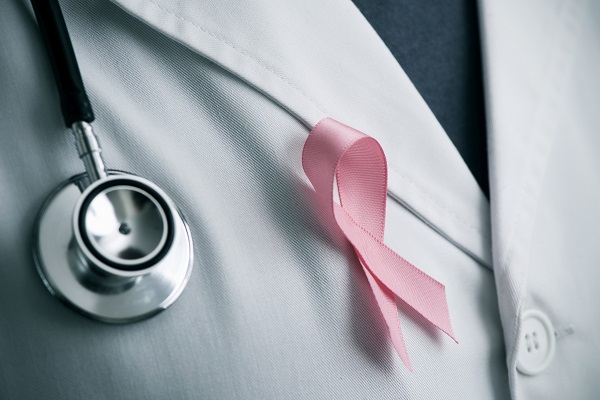What Does an Oncologist Do?

An oncologist is a doctor who works in the field of oncology, which is an important branch of medicine that deals with cancer. These physicians are highly trained and capable of diagnosing and treating people who have cancer. If you have cancer, the doctor will design an ideal treatment plan based on detailed pathology reports. Read on to find out more about what oncologists do.
An oncologist
An oncologist manages the care of a patient throughout the course of the disease. This begins with diagnosis. The role of the oncologist includes explaining the cancer diagnosis and stage. The oncologist also talks about all treatment options and the ideal choice.
An oncologist is required to deliver quality and compassionate care. The doctors help patients manage the symptoms of cancer and the side effects of cancer treatment. Most cancers are treated using a combination of therapies. A patient may see several different types of oncologists during the course of treatment.
Medical oncologists
Medical oncologists can treat cancer using chemotherapy as well as other medications like immunotherapy and targeted therapy. A medical oncologist is considered to be the primary cancer doctor. Medical oncologists help patients manage side effects and also monitor and maintain people’s well-being. Most times, patients follow up with them after treatment is complete.
Surgical oncologists
A surgical oncologist may be one of the first doctors a person may see if the primary care physician suspects that the individual has cancer. They usually perform biopsies and remove a small tissue section so that it can be checked for any cancer cells. If cancer cells are present, the patient might have to see the doctor again. At this point, it might be necessary to have the tumor and the surrounding tissues removed. The surgeon will help the patient prepare for any surgical procedures that are recommended for cancer treatment. The doctor will also help the patient recover after surgery.
Radiation oncologists
Radiation oncologists usually treat cancers using radiation therapy. These doctors use high-energy photon beams not only to target but also to destroy cancer cells. A high percentage of all cancer patients have radiation treatments as part of their cancer care. Some cancers respond well to small seeds of irradiated material implanted in the affect areas. Others respond better to radiosurgery.
Pediatric oncologists
Pediatric oncologists focus particularly on treating children who have cancer. Some types of cancer usually occur in children as well as teenagers. About 175,000 children all over the world under the age of 15 are diagnosed with cancer annually. In the U.S., about 80% of children who are diagnosed with cancer and then treated usually survive.
Consult an oncologist near you today
Oncologists are doctors who focus on the diagnosis and treatment of cancer. There are several different types of oncologists that people can see. The doctors usually work together to create the overall treatment plan of a patient. Speak to an oncologist to learn more about the various methods that can be used to treat cancer.
Get more information here: https://lindenbergcancer.com or call Lindenberg Cancer & Hematology Center at (856) 475-0876
Check out what others are saying about our services on Yelp: Read our Yelp reviews.
Recent Posts
A surgical oncologist helps diagnose and treat cancer using advanced procedures and often works closely with medical and radiation teams to coordinate care. Many patients hear the term after an abnormal scan, biopsy, or referral, and want a clear explanation of what this specialist does. Understanding how this specialty fits into cancer care can make…
Getting diagnosed with ovarian cancer is overwhelming to say the least, and many patients leave the doctor’s office thinking of questions they wish they had asked. Fortunately, you can bring these questions to your next appointment with the oncologist. Patients are encouraged to ask any questions they have to better understand their diagnosis, explore treatment…
Leukemia treatment aggressively targets cancer cells, but healthy cells can also be affected, leading to side effects. An oncology team can prevent problems early and ease symptoms fast. Clear expectations and communication help patients stay safer and more comfortable during care. Many side effects remain manageable when patients report their symptoms early, and supportive care…
Hematologic disease treatment often begins long before a formal diagnosis, because the earliest warning signs appear in everyday life. Fatigue, easy bruising, or frequent infections may not seem serious at first, yet they sometimes indicate that the blood, bone marrow, or lymphatic system needs attention. Understanding which symptoms matter, how long they last, and when…


